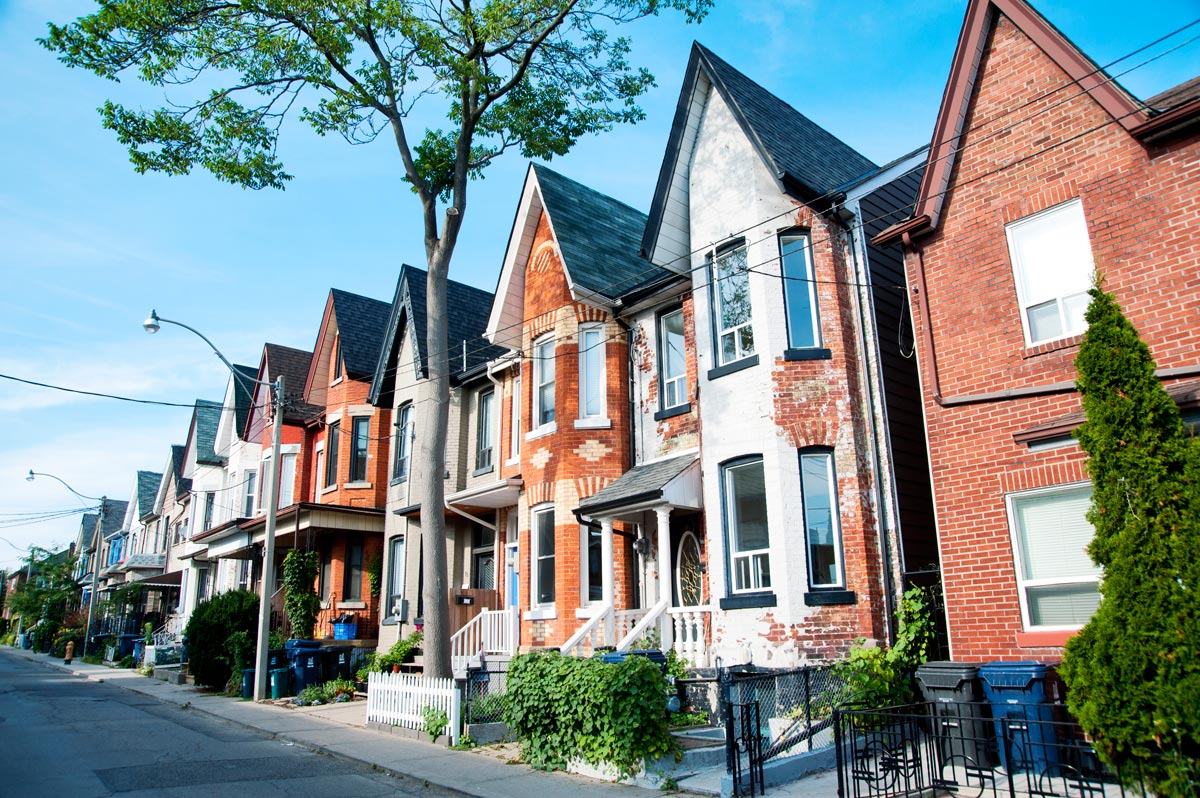Each week, The Glenn Team provide highlights from the weekly CP office meeting to provide a balanced overview of the Toronto and GTA markets and relevant issues affecting real estate markets. Meetings are overseen by Chestnut Park's CEO and Broker of Record, Chris Kapches, LLB, who provides weekly analysis and commentary. Additional input is provided by the CP Toronto office Realtors who give a day to day, real life perspective of the local markets.
MARKET STATS
As mid-month stats are still unavailable from TREB (see our previous post regarding that), Chris has continued to prepare his own stats within the 416 districts. The average sale price has moved up to $862,000, for a 7% increase in average sale price since October 2016. We’ll have to wait until next month to see whether that number will be reflected throughout the GTA, but odds are good, it will be below that mark as the 905 properties will likely continue to be undervalued. The number of sales for the month are also down from last year by about 22% which is a shorter gap from the 35% we experienced in previous months. All of this would indicate a better and more balanced market moving into 2018. Anecdotal information from CP Toronto reps also indicates a lot of activity in central and eastern districts.
STRESS CASE
It’s now official that the newly proposed stress will be instituted come January 1st, 2018. What does this mean for potential buyers or those looking to trade-up on their existing property? Chris did a basic scenario to arrive at some numbers. Assume you’re looking to purchase a $900,000 property and have a $400,000 down payment; far past the 20% requirement. A typical 5 year fixed rate would likely amount to a monthly payment in the $2,500 area and require your yearly income to be around $95,000. Under the new rules that same buyer is required to qualify at their broker contracted rate + 2% or the Bank of Canada benchmark rate (around 4.89%), whichever is the greater of the two rates. That difference in rate would require their mortgage payment to go up $3,295/mo. and require their yearly income to be $112,000. That’s about a difference of 20%.
Does that mean we should expect 20% of the market to simply disappear? Both Chris and Darlene Hanley (of The Hanley Mortgage Group) say no. They claim that the majority of buyers or re-financiers that can already afford 20% or more of their down payment can already cover that difference in cost. Who will be affected however? Most experts feel that it will be the buyers looking to move up to a larger, more expensive property. This new test will likely dissuade them from looking to buy or force them to buy something that is more within their means and will lower their potential debt load risk. We’ll have to wait until next year to see how much, if at all, this affects prices and activity the marketplace.
CASE IN POINT: A Case Beyond the Pines... or Cedars
Chris brought to light a court case, which isn’t often discussed, as it rarely goes to litigation. This case relates to trees on or over property lines. In this case, the defendant, a neighbour to a property with cedar trees along the property line, trimmed and cut down some of the cedars to erect a fence, so no further trees would impact on his property. Under the law (excluding any towns’ particular by-laws) you are allowed to trim any portion of a tree that encroaches on your property but may not affect the roots of that tree. The case went as far as the court of appeals, who sided in favour of the prosecution, as the neighbour had no right to cut down any trees in erecting his fence and didn’t receive consent from the tree owner. A lesson learned for anybody with a neighbouring tree and a grudge.
Have you got a grudge regarding the Toronto real estate market or a nasty neighbour? We'd love to hear from you. Either email us directly or use add a comment below.



